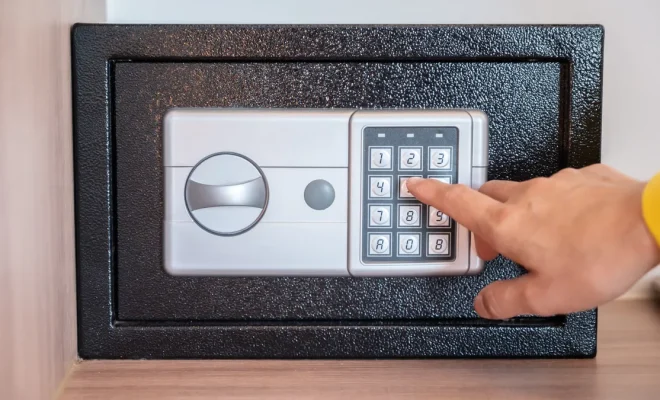6 Things to Keep Protected in a Safe at Home

A home safe is an essential investment for safeguarding valuable items and personal documents. Storing these in a secure location offers peace of mind and easy access when needed. Here are six essential things you should consider keeping in a safe at home:
1. Important documents: Keep important documents like passports, birth certificates, social security cards, and property deeds protected from theft or damage due to fire or flood. These documents can be challenging to replace and are often required for various personal or legal matters.
2. Financial records: Protect your financial stability by storing critical financial records such as tax returns, bank account details, investment papers, and insurance policies in a safe. Securing these documents can help prevent identity theft and keep sensitive information away from unauthorized individuals.
3. Jewelry and valuables: Expensive jewelry items, heirlooms, or collectibles should be kept in a safe to prevent theft, fire damage, or misplacement. Storing these valuables securely also ensures they can be handed down through generations without the risk of loss or damage.
4. Medications and prescription drugs: Safely store prescription medications that have the potential for abuse or could be dangerous if ingested by children or pets. Keeping prescriptions secured can help prevent accidental consumption or misuse.
5. Spare keys: Store spare sets of keys for your home, vehicles, or safety deposit boxes in a safe. This keeps them well-organized and prevents unauthorized individuals from accessing your property without your knowledge.
6. Digital data storage devices: Protect sensitive digital information by keeping backup drives, USB sticks, and portable hard drives in a safe at home. These devices contain personal data that can be lost during computer crashes or accidentally deleted – securing this information safeguards both your digital privacy and sentimental memories.
In conclusion, investing in a reliable home safe provides you with an additional layer of security for your most essential possessions and vital documents. Keeping these items protected minimizes the risk of loss due to theft or disaster, and ensures that they remain accessible whenever you need them.



